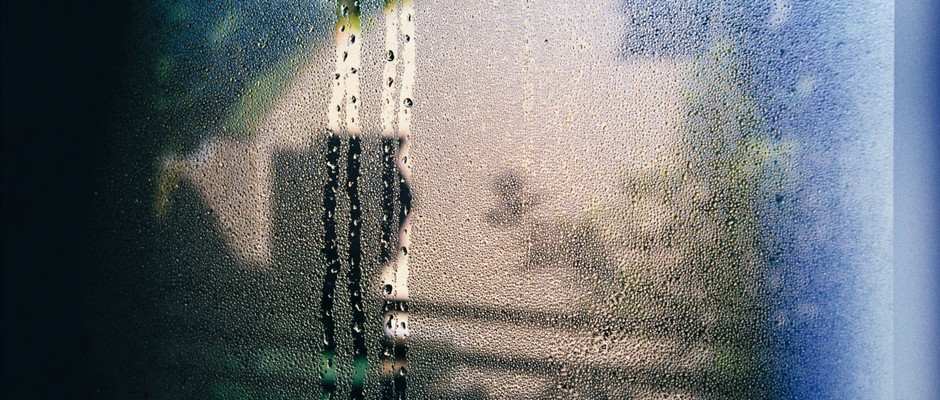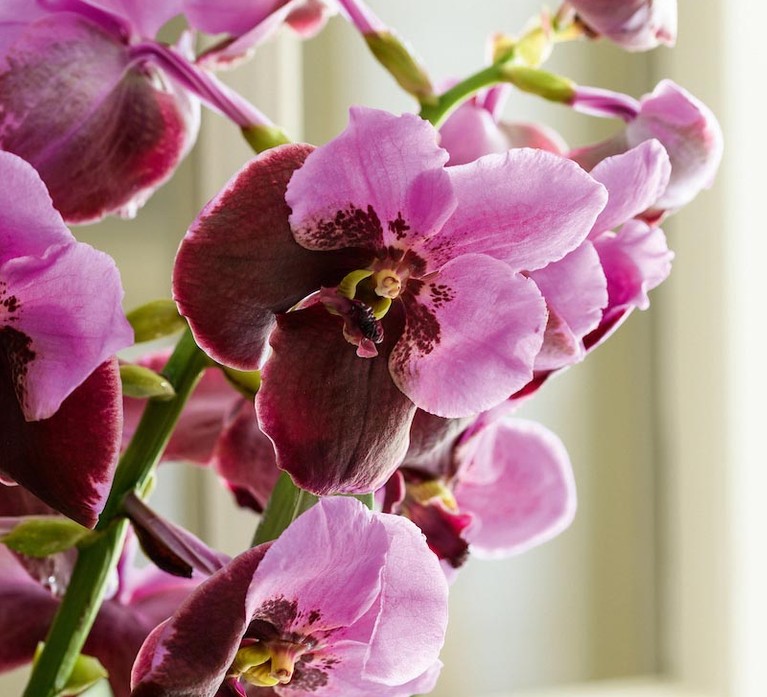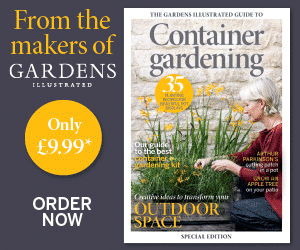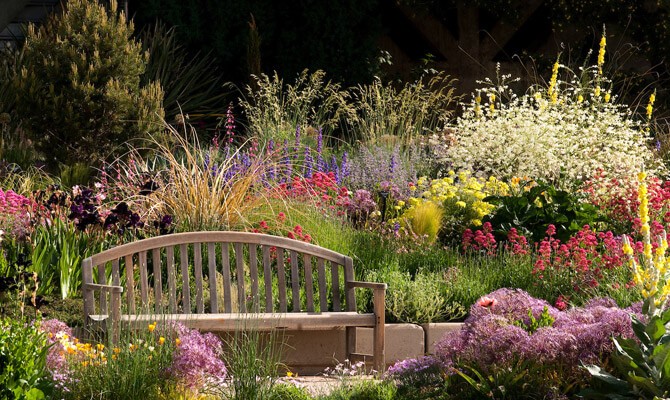
Can house plants really beat mould?
The internet is awash with advice on house plants beating mould. But are the claims actually true?
A very wet autumn coupled with soaring energy prices has meant that many of us are now battling mould and damp patches in our homes. Black mould can have a detrimental affect on our health – if you have damp and mould in your home you are more likely to suffer from respiratory problems, allergies or asthma. The internet is full of claims that house plants can help beat mould. But is there any truth to the claims?
Unfortunately, no. Most of the articles, if they cite any evidence, claim that house plants can be used in damp, humid rooms to prevent mouldy patches appearing. It is claimed that they can absorb moisture through their leaves, with water then travelling down to their roots. Peace lily, Boston fern, ivy, spider plant and orchid are just some of the recommended mould-beating plants.
The best trailing house plants
Unusual house plants to buy in 2022
How not to kill your house plants this winter
House plant care: the tools you need to look after your house plants

This just didn't add up here at Gardens Illustrated so we contacted Guy Barter, chief horticulturalist at the RHS. He confirmed our suspicions.
'Some internet sources suggest that plants absorb water thorough their leaves. This, I am afraid, is fanciful. It would save a lot of watering were it true.'
He continued: 'I am not so sure how plants can beat mould. Houseplants emit water vapour during transpiration, an unavoidable part of photosynthesis, necessary for the plant’s existence. This will contribute in a very small way to condensation in houses. I doubt they can avoid this contribution.' He pointed out that most domestic condensation comes from washing, cooking and people breathing.
Guy added: 'I very much doubt that plants emit any chemicals that suppress mould. On the whole plants and perhaps more importantly the organisms on the potting compost absorb modest amounts of indoor pollutants, but not enough to significantly clean the air in most cases.'
Guy also pointed out that in centrally heated houses the air tends to be rather dry and some moisture in the air is more comfortable for people and indeed for plants. 'To this extent plants make houses more comfortable, not to mention a modicum of oxygen from photosynthesis if they are in good light and adequately watered.'
Research shows that houseplants have other benefits, too. They can improve mood and well being and boost productivity. And they look lovely. But insulation, heating and ventilation are more effective at controlling excess humidity, condensation and mould in the home.
Authors
Veronica Peerless is a trained horticulturalist and garden designer.

Niwaki bundle worth £57 when you subscribe
Subscribe to Gardens Illustrated magazine and claim your Niwaki bundle worth £57
*UK only

Container Gardening Special Edition
The Gardens Illustrated Guide to Container Gardening.
In this special edition, discover colourful flower combinations and seasonal planting schemes for pots designed by leading plantspeople, and essential know-how for container gardening success. Just £9.99 inc UK p&pBy entering your details, you are agreeing to our terms and conditions and privacy policy. You can unsubscribe at any time.

Gardens of the Globe
From botanical wonders in Australia to tranquil havens closer to home in Ireland, let this guide help you to discover some of the most glorious gardens around the world
By entering your details, you are agreeing to our terms and conditions and privacy policy. You can unsubscribe at any time.




